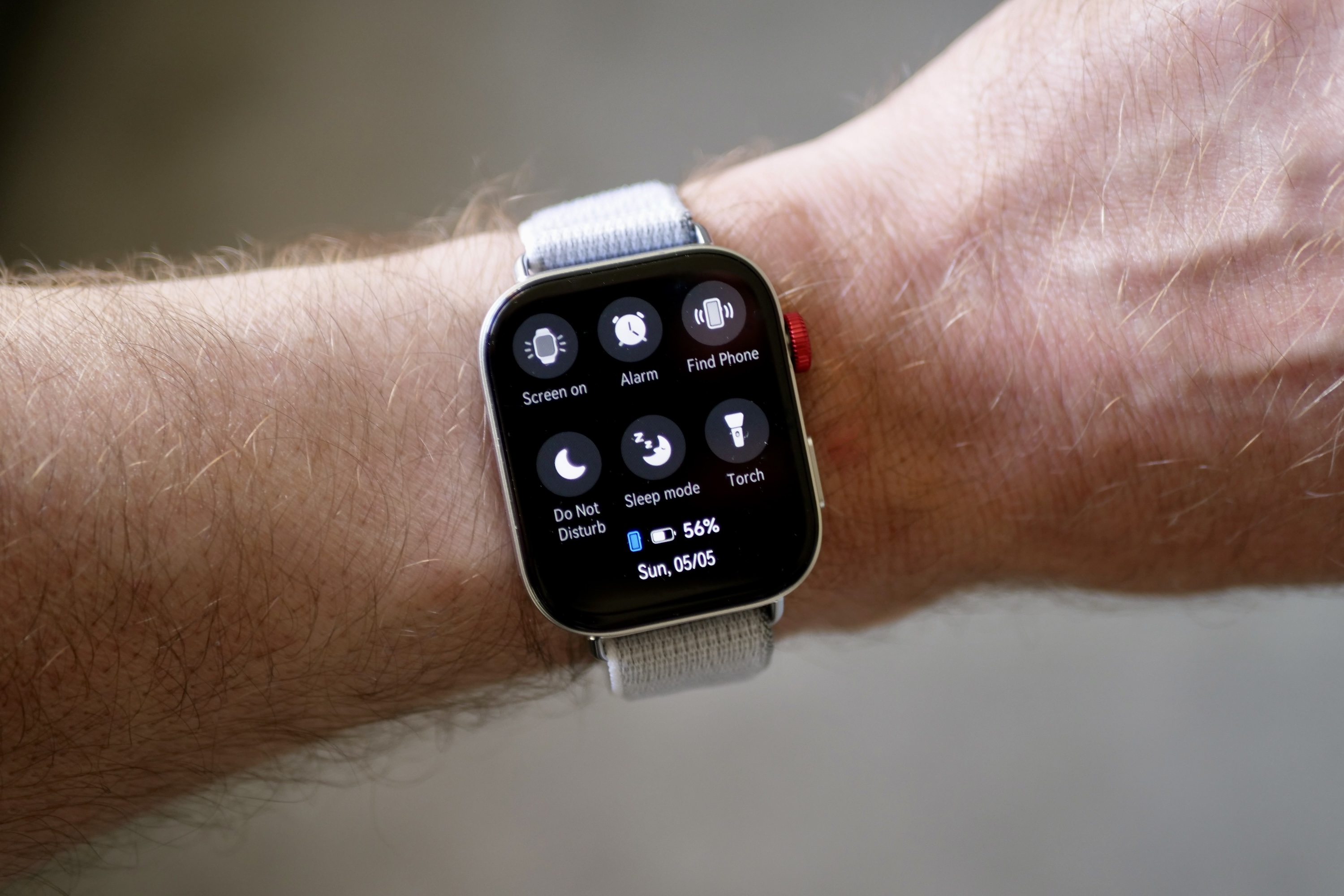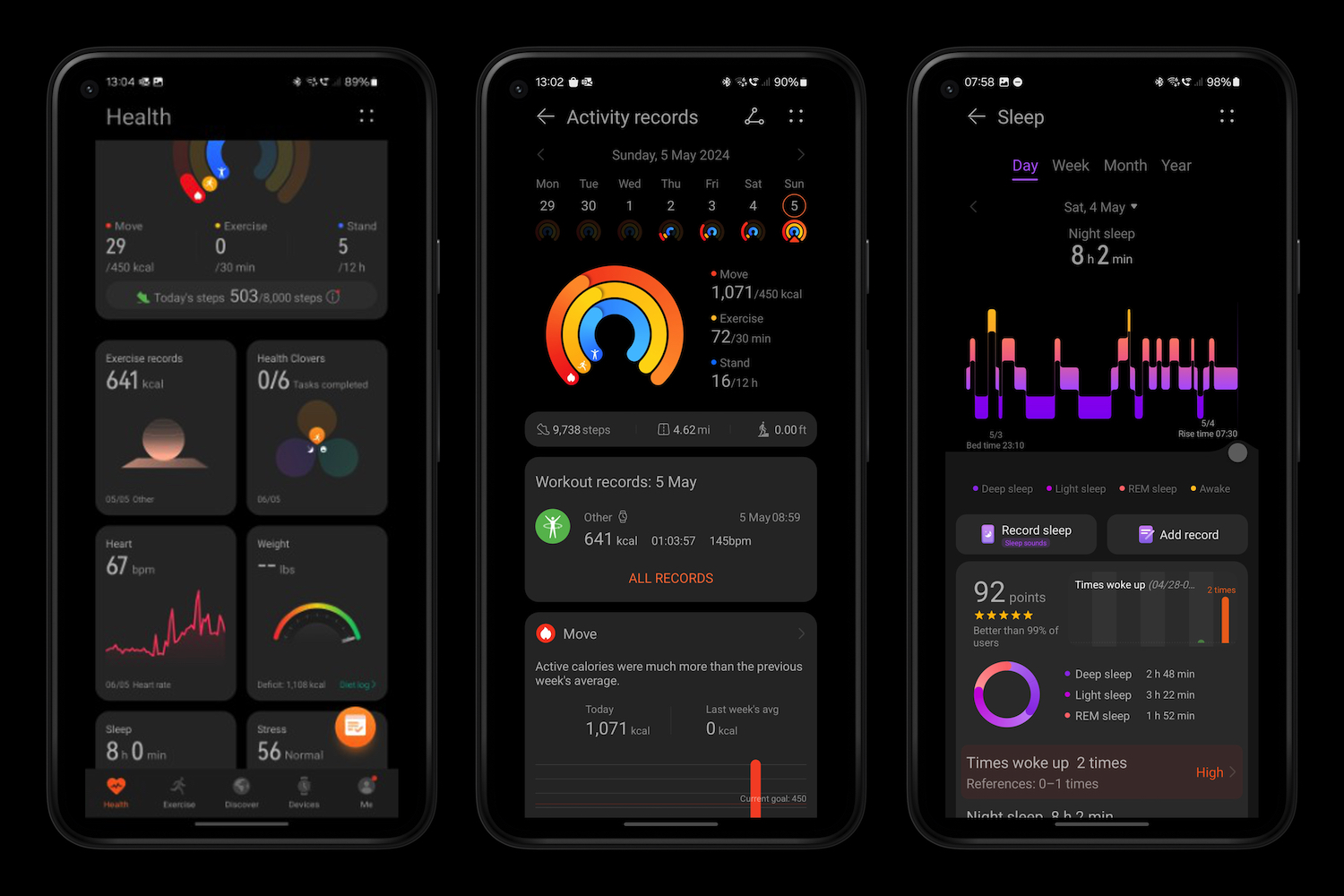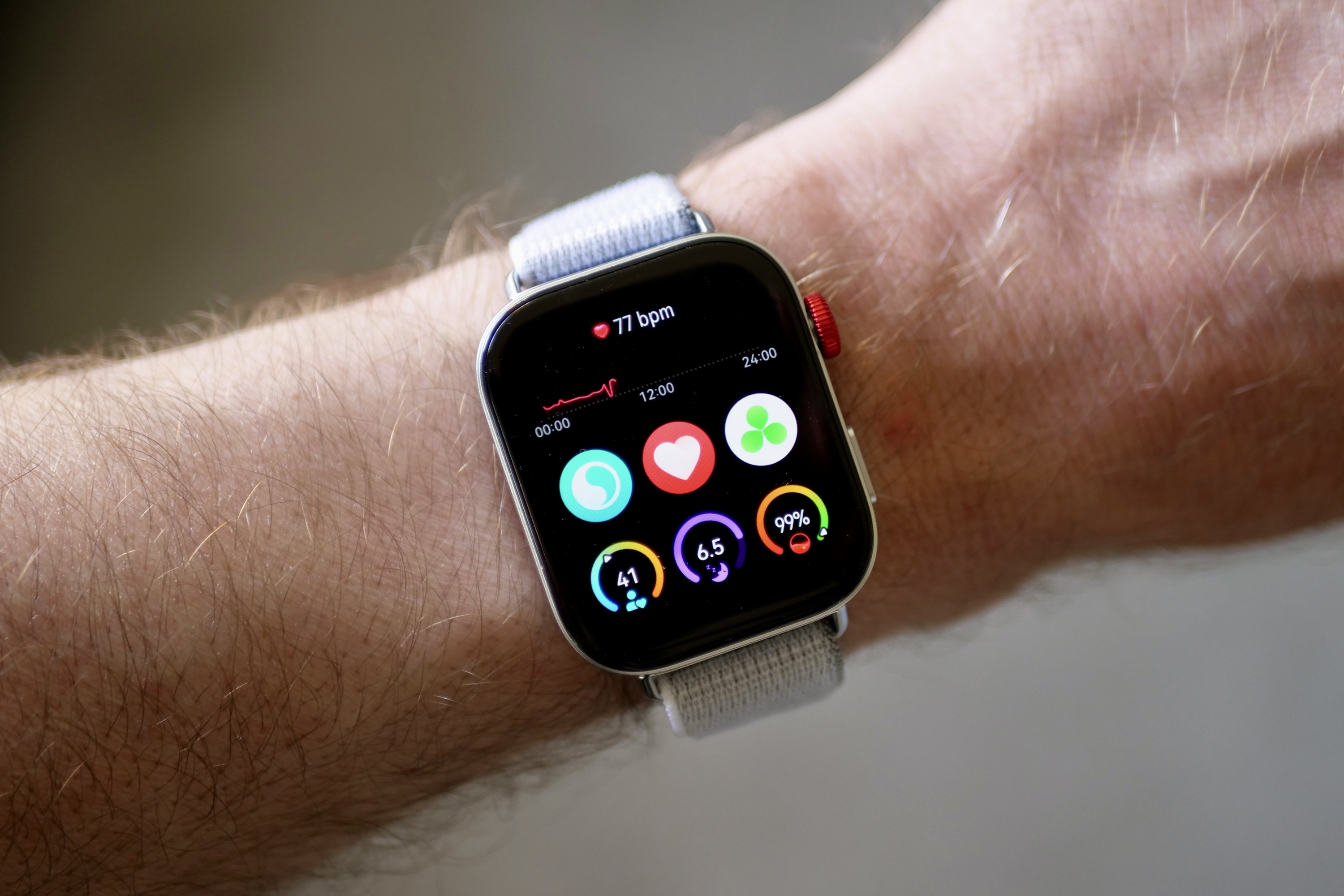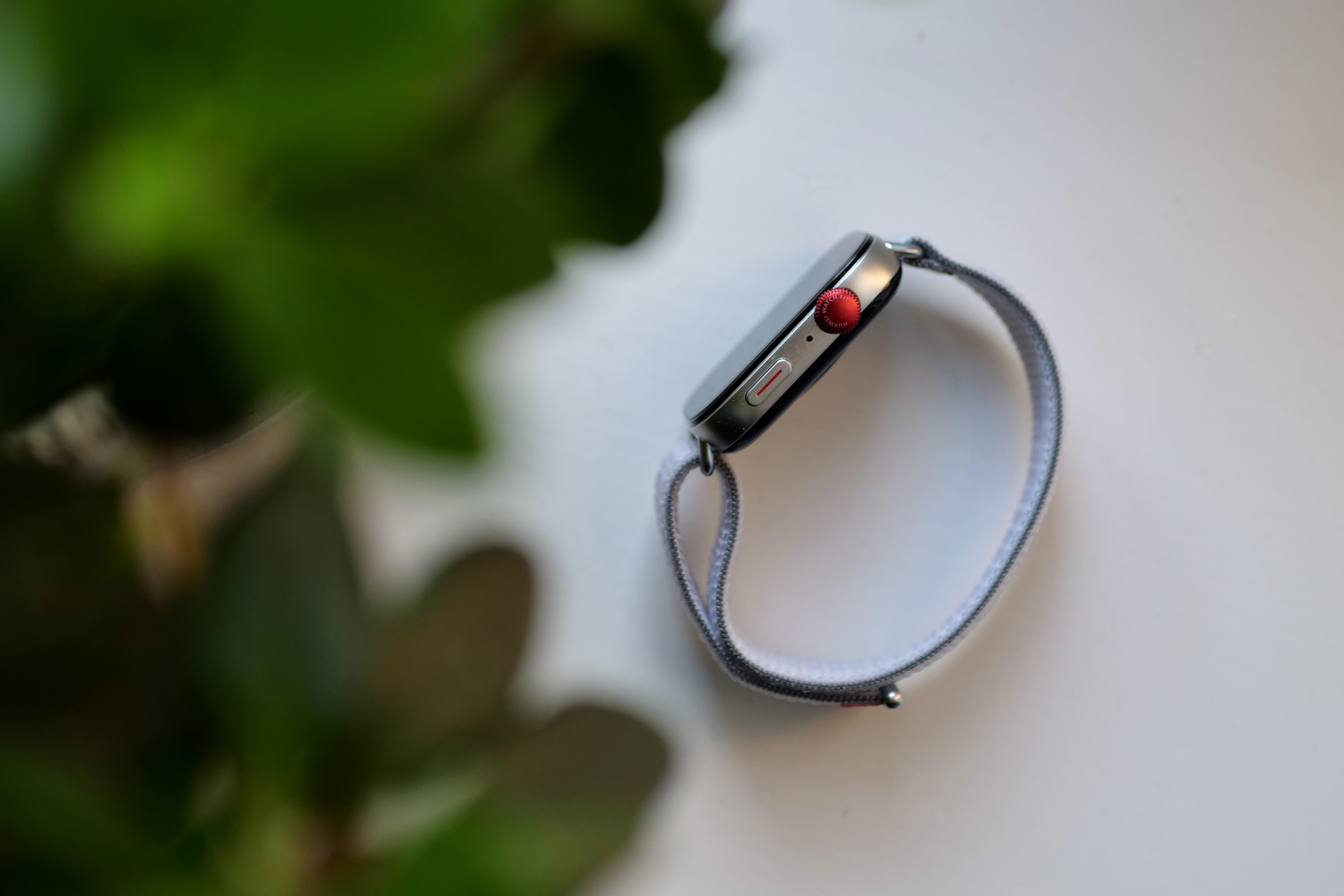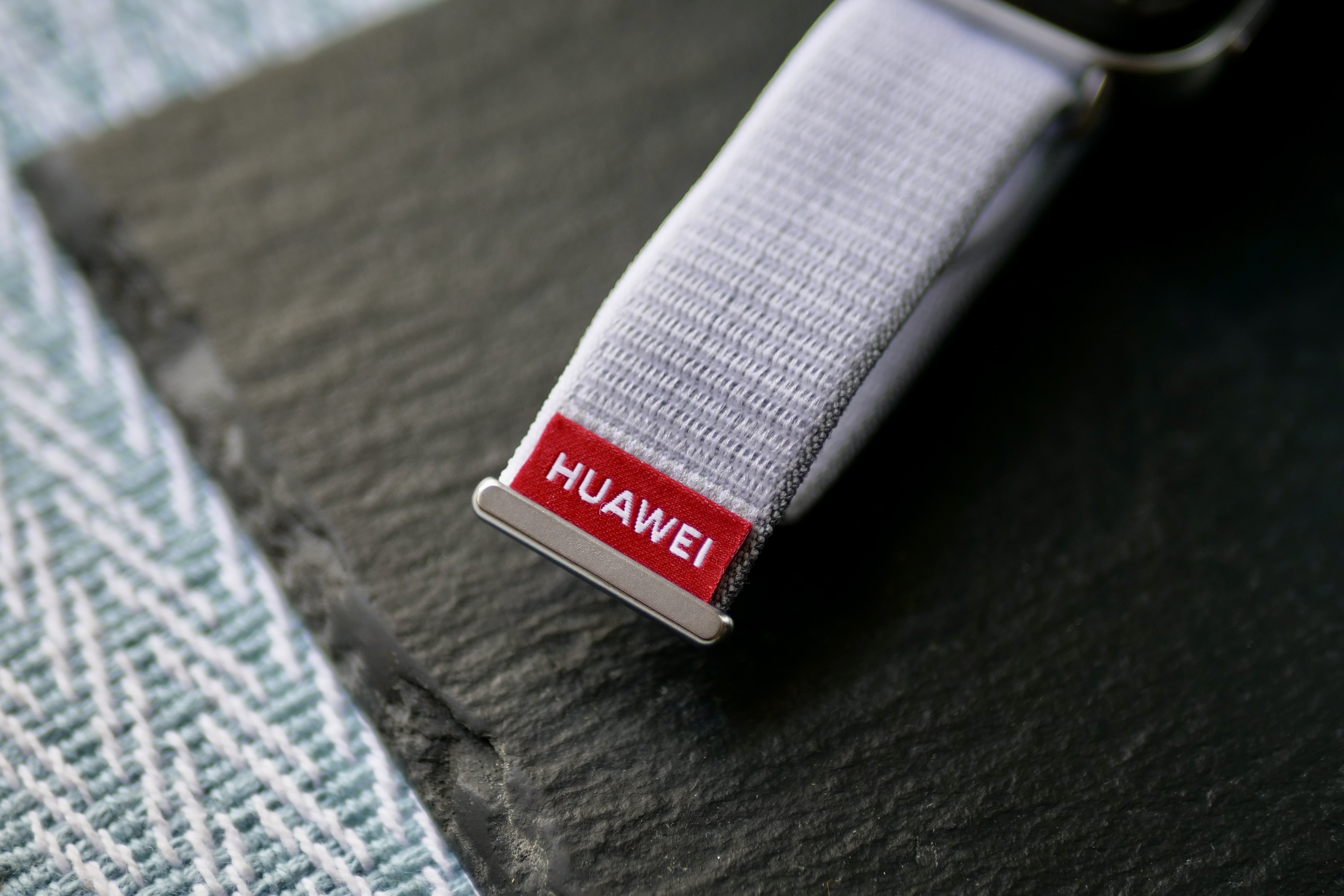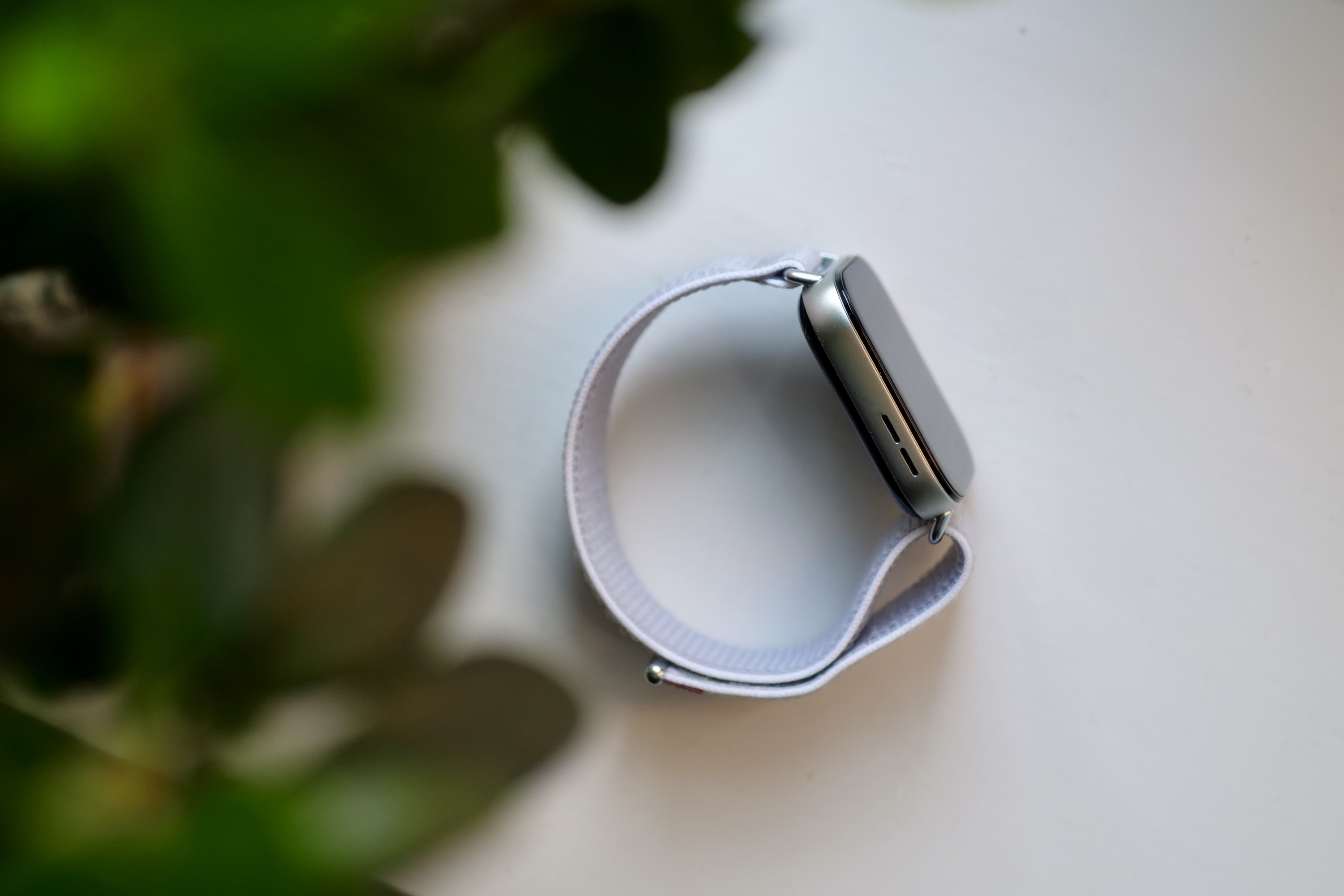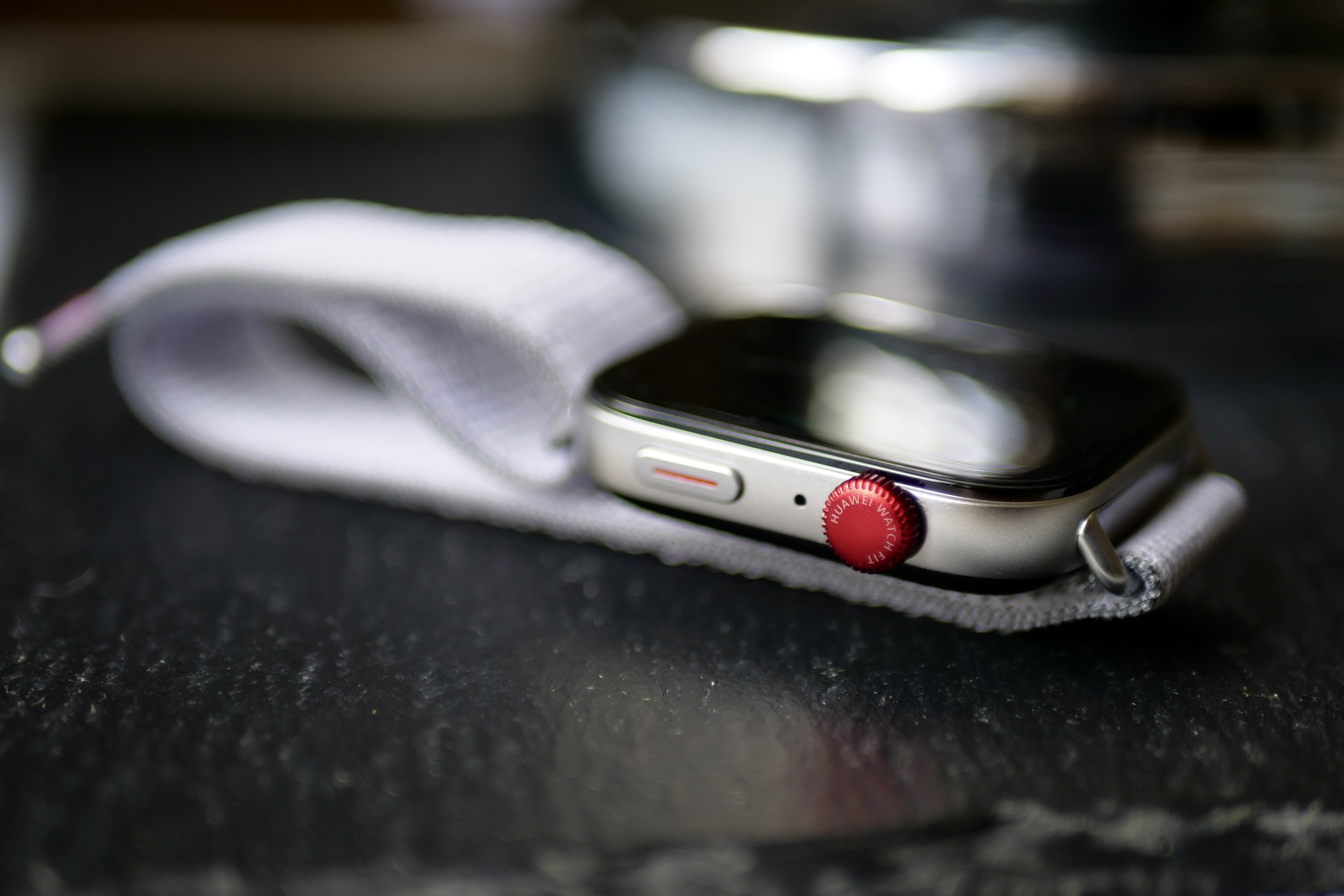
The Huawei Watch Fit 3 really makes me angry. Not because of the way it works or anything it does, but because of its lazy design, which makes it look like an Apple Watch.
It’s not a passing resemblance, it’s not subtle, and no one will need the similarities pointed out to get what I’m talking about. It’s a straight clone, and it’s extremely disappointing. What makes it worse is that the Huawei Watch Fit 3 is actually a very good smartwatch underneath — assuming you can get past its Apple Watch “inspiration.”
An undeniable Apple Watch clone

Huawei, the company responsible for many superb designs over the years — from the original Huawei Watch to the most recent Pura 70 smartphone — can do a lot better than copying the most popular smartwatch on the market for its latest fitness band. Before the Watch Fit 3, Huawei’s Fit series used a rectangular shape, which wasn’t pretty, but at least it wasn’t derivative. It could have kept the design fresh by going in almost any other direction, but it deliberately made the poor choice to make the Fit 3 look like an Apple Watch.
Just how similar is it? It’s rectangular, it has a rotating crown (which is as red as a clown’s nose here), and there’s a single action button on the side. It’s even attached to a fabric strap that’s secured using a hook-and-loop system. Several of the watch faces look like popular Apple watch faces, and the apps appear as tiny circles on the screen when you press the crown. It’s as Apple Watch-like as you can get without using a photocopier.

Huawei will argue the flat sides and the way the screen sits on the chassis rather than curving into it separates it from the Apple Watch, and to a certain extent, it does. However, Huawei may also be trolling us here, as the Watch Fit 3 is highly reminiscent of the controversial (and generally disliked) leaked Apple Watch Series 7 redesign that appeared a few years ago, but turned out to be inaccurate. Whichever way you cut it, the Huawei Watch Fit 3 looks like an Apple Watch — a lot — and it makes me not want to wear it.
Why? It’s the same reason I wouldn’t wear “Adibas” sneakers. The Huawei Watch Fit 3 mimics the design of the most recognizable smartwatch on the planet, but if I wanted to wear an Apple Watch, I’d wear an Apple Watch and not a rip-off. I experienced the shame firsthand because someone said, “You’re using the Apple Watch again today?” to me over the weekend when they spotted the Huawei Watch Fit 3 on my wrist.
I really dislike the Huawei Watch Fit 3’s design, but what about the rest of it? Irritatingly, it’s pretty good.
The Huawei Watch Fit 3’s technical specs

Now that I’ve ranted about the design, it’s a good idea to talk about the technical side before going into why the Watch Fit 3 deserves a far more interesting design. It comes in a single 36mm-wide, 43mm-tall aluminum case that’s 9.9mm thick, weighs 34 grams with the strap, and has a 5ATM water resistance rating. The 1.82-inch AMOLED screen is sharp and colorful, and I have had no issue seeing it outside in the daylight. It has a clear always-on display setting, too.
Huawei doesn’t state what processor or memory capacity the Watch Fit 3 has, but you can transfer music to it from your phone, and it operates the company’s own HarmonyOS 4.2 software rather than Google’s Wear OS. I’ve used it connected to a Samsung Galaxy Z Flip 5, where it syncs with the Huawei Health app that was downloaded from Huawei’s website without the need to separately install Huawei’s own App Gallery store. This marks a nice change to the efforts required to get a Huawei wearable working with Android in the past.

Notifications have arrived reliably, the text is concise and easy to read, and several have interactive elements allowing you to reply from your wrist. Calls can be received from the Watch Fit 3, and the microphone lets you take the call without grabbing your phone.
There’s a heart rate sensor on the back of the Fit 3, which also measures blood oxygen levels, and because it’s so light, it’s ideal to wear overnight to track sleep. The software has received a few updates over the old models, including a new design for the workout plans, a new sleep algorithm, new laminations for the guided fitness sessions, and a GPS-enabled running coach.
What it’s like using the smartwatch

I’ve worn the Huawei Watch Fit 3 for five days. It started with 100% of the battery and now requires a recharge. I’ve tracked a single one-hour workout and worn the smartwatch overnight to track sleep, plus I have blood oxygen tracking active, along with the always-on screen. This falls short of the seven days Huawei claims the battery will last with “heavy” use. It also states the battery will last 10 days with typical use, but you’ll have to deactivate many features to achieve this.
During the workout session, it closely matched the results recorded by the Apple Watch Series 9, and sleep records were very similar to the Oura Ring, too. While none are medical devices, the general agreement between them indicates they are accurately reporting activity and restfulness. The software is fast and easy to use, but needs some getting used to as some options are hidden away and hard to find. I still can’t get sleep mode to reliably activate automatically, for example.
I also don’t like its clinical way of presenting feedback on data or the language it uses. It’ll use descriptions like “fine” for my performance and tell me there’s “a long way to go” to reach a goal. I don’t find either motivational at all. The Health app presents information clearly, though, and there are various training plans centered around running to try out. There is an AI assistant that apparently provides information on how to best meet your goals while taking everything from the weather to sports you usually try into account. However, this appears to only work when the app is connected to a Huawei smartphone.
It deserves a better design

Huawei has made great wearables for years, and if I entirely ignore the design, the Watch Fit 3 continues the tradition. It’s accurate, light, simple to use, and contains a range of useful features that work well. Its TruSleep platform rivals Oura’s sleep tracking, and I’m really pleased to see how it has refined the app installation process for Android. It’s a very good fitness tracker. The Huawei Health app is also available for iOS, so you could also use it paired with an iPhone if — for some bizarre reason — you wanted to use it instead of an actual Apple Watch.
This brings us neatly back to the design. If it had an iota of uniqueness in the way it looked, I’d be recommending the Watch Fit 3. But it does not, so I really struggle with it. The Huawei Watch Fit 3 costs 140 British pounds, or about $170, putting it up against the Fitbit Charge 6 and the Garmin Vivomove Sport, both of which have a much better design that doesn’t copy another product. The excellent Xiaomi Watch S3 costs even less than the Watch Fit 3 and has a unique swappable bezel that allows you to quickly change the look of the smartwatch.
I’m sure some people won’t be bothered by the Huawei Watch Fit 3’s Apple Watch-like design, and some may even embrace it. If that’s you, then what’s underneath the shape is up to Huawei’s usual high standards for wearables. But for everyone else, there are several other health and fitness wearables that won’t make you look like you’re desperate to own an Apple Watch, but, for whatever reason, didn’t just go out and buy one.
